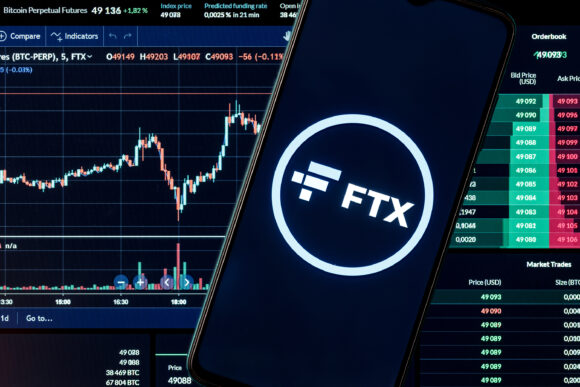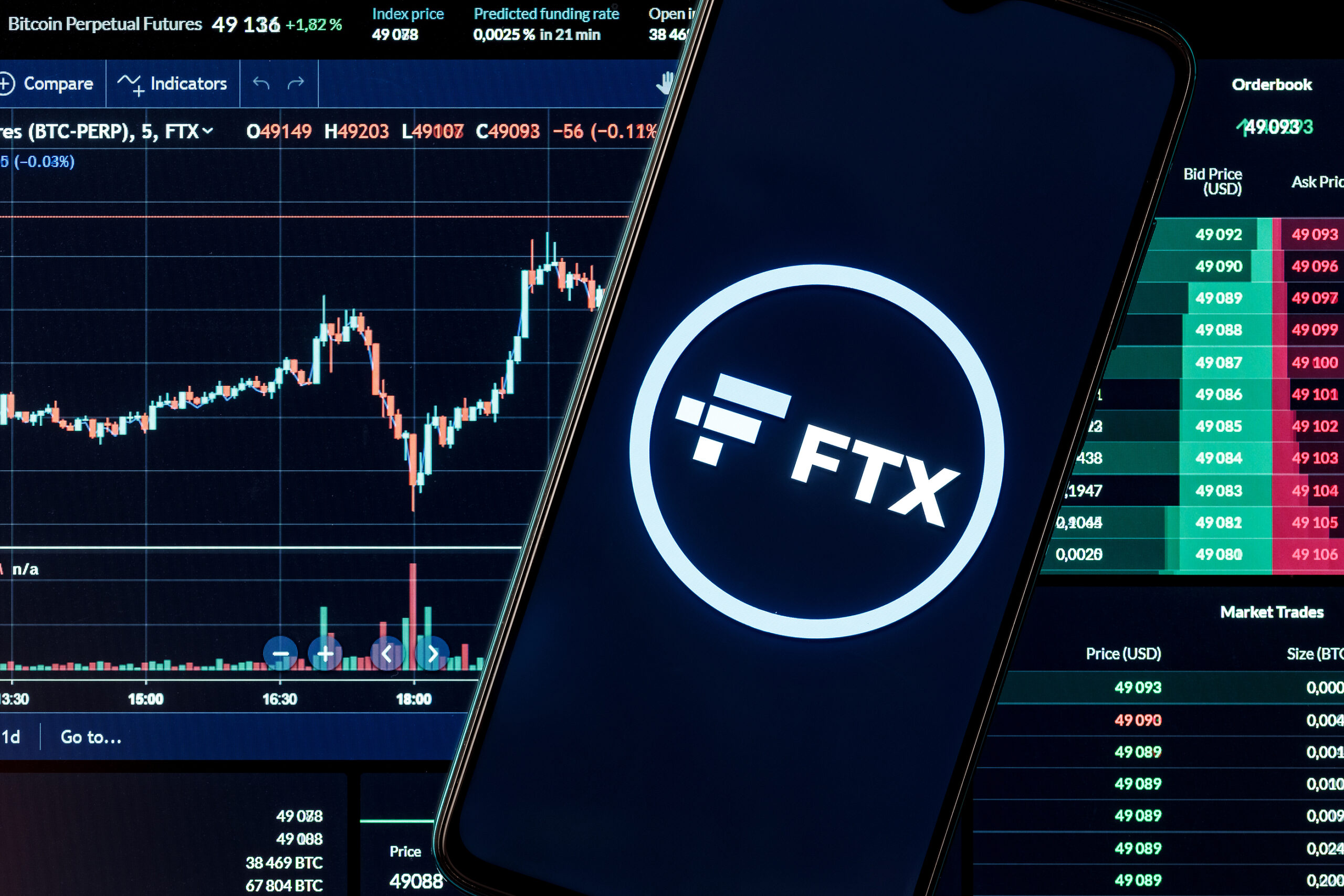Sam Bankman-Fried, testifying in his own defense at his fraud trial on Friday, acknowledged that a “lot of people got hurt” when the FTX cryptocurrency exchange he founded collapsed, but said he did not defraud anyone or take customer funds.
Shortly after taking the witness stand in Manhattan federal court, Bankman-Fried said he made “a number of small mistakes and a number of larger mistakes” while running the now-bankrupt exchange. The biggest mistake, he said, was not implementing a dedicated risk management team.
“We thought that we might be able to build the best product on the market,” Bankman-Fried said. “It turned out basically the opposite of that. A lot of people got hurt – customers, employees – and the company ended up in bankruptcy.”
Prosecutors accuse Bankman-Fried of using FTX customer funds to prop up his crypto-focused hedge fund, Alameda Research, make speculative venture investments and donate more than $100 million to U.S. political campaigns. He also faces charges of scheming to cheat Alameda’s lenders and FTX investors.
He has pleaded not guilty.
Bankman-Fried’s trial, which began on Oct. 3, is drawing to a close nearly a year after FTX collapsed amid a wave of customer withdrawals. The company declared bankruptcy in November 2022 and Bankman-Fried was indicted the following month.
His testimony marked the first time the dozen jurors and five alternates have heard directly from the 31-year-old former billionaire after 12 trial days.
Bankman-Fried, who was jailed in August after Kaplan found he likely tampered with witnesses, wore a suit and spoke with two water bottles placed in front of him on the witness stand. The former mogul once known for wearing shorts and T-shirts and sporting an unkempt mop of curly locks cut his hair before his trial began.
Responding to questions posed by his defense lawyer Mark Cohen, Bankman-Fried spoke in calm, measured tones during the first portion of his testimony as he recounted founding Alameda in 2017, shortly after graduating from the Massachusetts Institute of Technology, despite knowing little about crypto.
But Bankman-Fried – who had studied physics and worked as a quantitative trader at Jane Street – said he saw opportunities for “arbitrage” in the market for digital assets. He said Alameda’s first office was in a small Airbnb in Berkeley, California, before he later moved the firm to Hong Kong.
“We wanted to be under the radar at that point in time,” he said on the stand, adding he named the hedge fund after the California county where it was founded in part so competitors would not discover what they were doing.
Jurors have heard from three of his closest confidantes at FTX and Alameda, all of whom have pleaded guilty and agreed to cooperate with prosecutors. They testified earlier this month that they committed financial crimes at Bankman-Fried’s behest.
For criminal defendants, taking the stand is a risky proposition because it opens them up to potentially probing cross-examination by prosecutors.
But given Bankman-Fried’s penchant for risk, legal experts say he likely viewed taking the stand as his best shot to counter the allegations made by members of his inner circle, which were backed up by spreadsheets the three said demonstrated how customer funds were stolen and text messages in which they discussed FTX’s shortfall of funds with Bankman-Fried.

